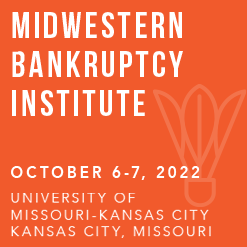| On Feb. 1, 2022, Hon. David S. Jones of the U.S. Bankruptcy Court for the Southern District of New York denied a motion to dismiss the chapter 11 cases of JPA No. 111 Co. Ltd. and JPA No. 49 Co. Ltd. (together, the “debtors”), each a Japanese single-purpose entity — finding that the debtors’ reversionary interest in unused retainer funds held by the debtors’ chapter 11 counsel established sufficient “ties” to the U.S. for purposes of chapter 11 eligibility under § 109 of the Bankruptcy Code. As discussed below, the ruling provides key guidance for foreign debtors preparing to file for chapter 11 protection.
The Aircraft and Financings
The debtors are Japanese special-purpose vehicles that each acquired and owned one Airbus A350 aircraft, which were subsequently leased by the debtors to Vietnam Airlines. The debtors did not have any employees or offices independent of their parent company, JP Lease Products & Services Co. Ltd. (JPL), a Japanese company, which manages each debtor.
To finance their acquisition of each aircraft, each debtor entered into a complex set of financing arrangements that required each debtor to lease the aircraft to intermediate sublessors, provided for a “security agent” to act on behalf of the lenders, and contained a payment priority waterfall. To secure their obligations, the debtors granted mortgages on the aircraft and assigned the security agent interests in the debtors’ rights under the transaction documents, including the leases (the “lease assets”). The security agent was provided enforcement rights in the event of a default, including the right to “dispose of” such property “at the times, in the manner, and on the terms it thinks fit.”
|







